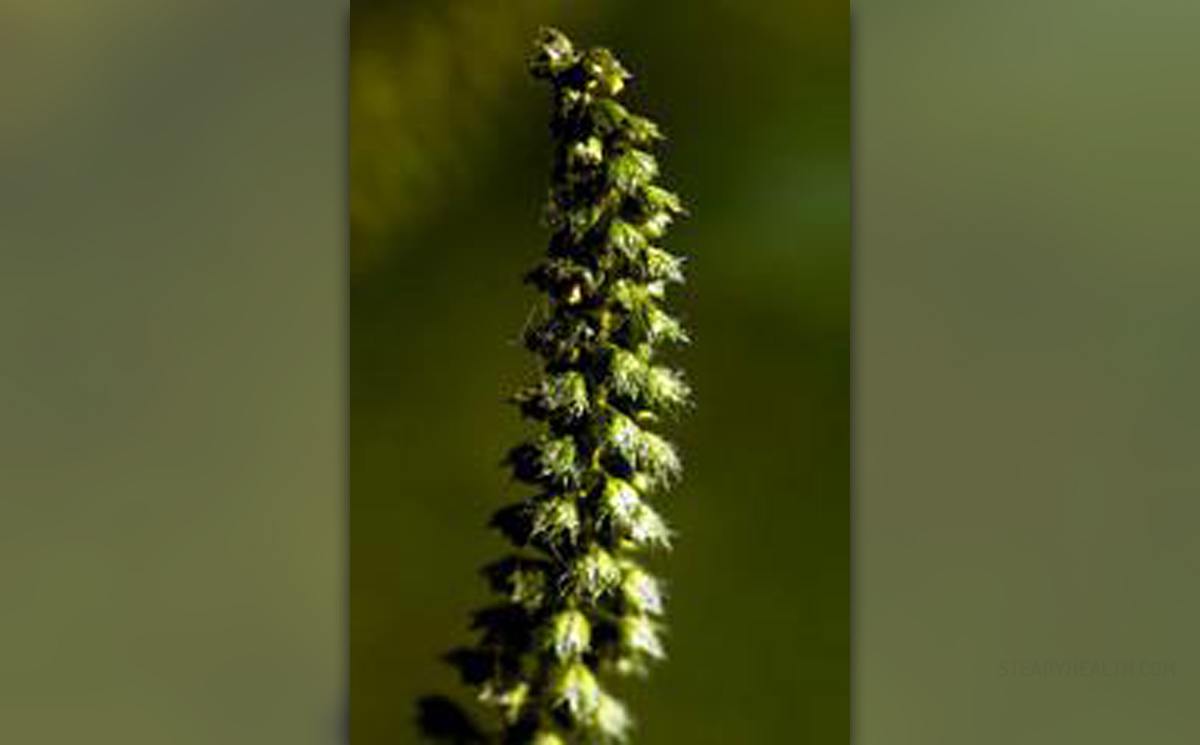
About hay fever
Hay fever is a term for a group of allergies to pollen from various plants, like grass, weed and trees, and to airborne moulds. These plants and moulds produce allergens, substances that in some people produce allergic reactions.
When a person who has hay fever comes into contact with allergens, his or her immune system reacts to it, mistaking it for a harmful substance or agent, for example a virus.
Symptoms of hay fever
Allergic persons may have one or more of typical hay fever symptoms. These include sneezing, runny nose, nasal congestion, headache, itchy and watery eyes, itchy nose and scratchy throat.
These symptoms may not seem too serious to a person who does not have hay fever, but those who do know very well that they are very frustrating and they often interfere with normal daily life. For example, constant itching and stuffy nose make it difficult to concentrate or to sleep well through the night.
The severity, as well as the frequency of these viruses, varies from person to person and depends on many factors.
Causes of hay fever
When a person who has hay fever comes into contact with pollen or spores from moulds, the body produces immunoglobulin E (IgE), which is a type of antibody. This antibody triggers the release of certain chemicals, such as histamine, which produce the symptoms of hay fever.
A person can be allergic to one or more types of pollen. Grass pollen is a very common allergen and it affects many people with hay fever. Rye grass and timothy are examples of grasses whose pollen acts as an allergen for many people.
Tree pollen, for example birch, is also a very common allergen, and so are weeds, such as ragwort.
Treatment for hay fever
The treatment for hay fever is similar for all the allergens. However, it is highly recommended to visit a doctor and do a series of special allergy tests to determine exactly which pollens act as allergens. In most cases the skin-prick test will be able to determine the allergens at play. Once the allergens are identified, an important part of allergy management will consist of avoiding those allergens.
There are specialized websites and other sources that provide information about pollen count. On days when pollen count is high, it is recommended to stay indoors and to drive with the windows up.
Allergy symptoms can be managed with medication. There are many drugs available for hay fever and most of them are available in drugstores and supermarkets. Stronger ones require a doctor’s prescription.
Treatment may consist of steroid or antihistamine nasal sprays, antihistamine tablets, eye drops and, for severe cases, steroid tablets.



_f_280x120.jpg)
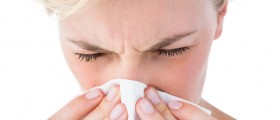


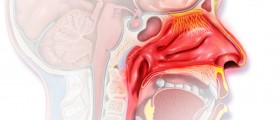

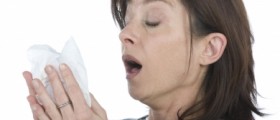


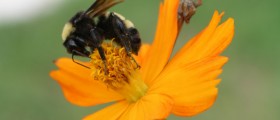

-Does-It-Help-Treat-Allergic-Rhinitis_f_280x120.jpg)

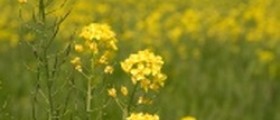
Your thoughts on this
Loading...